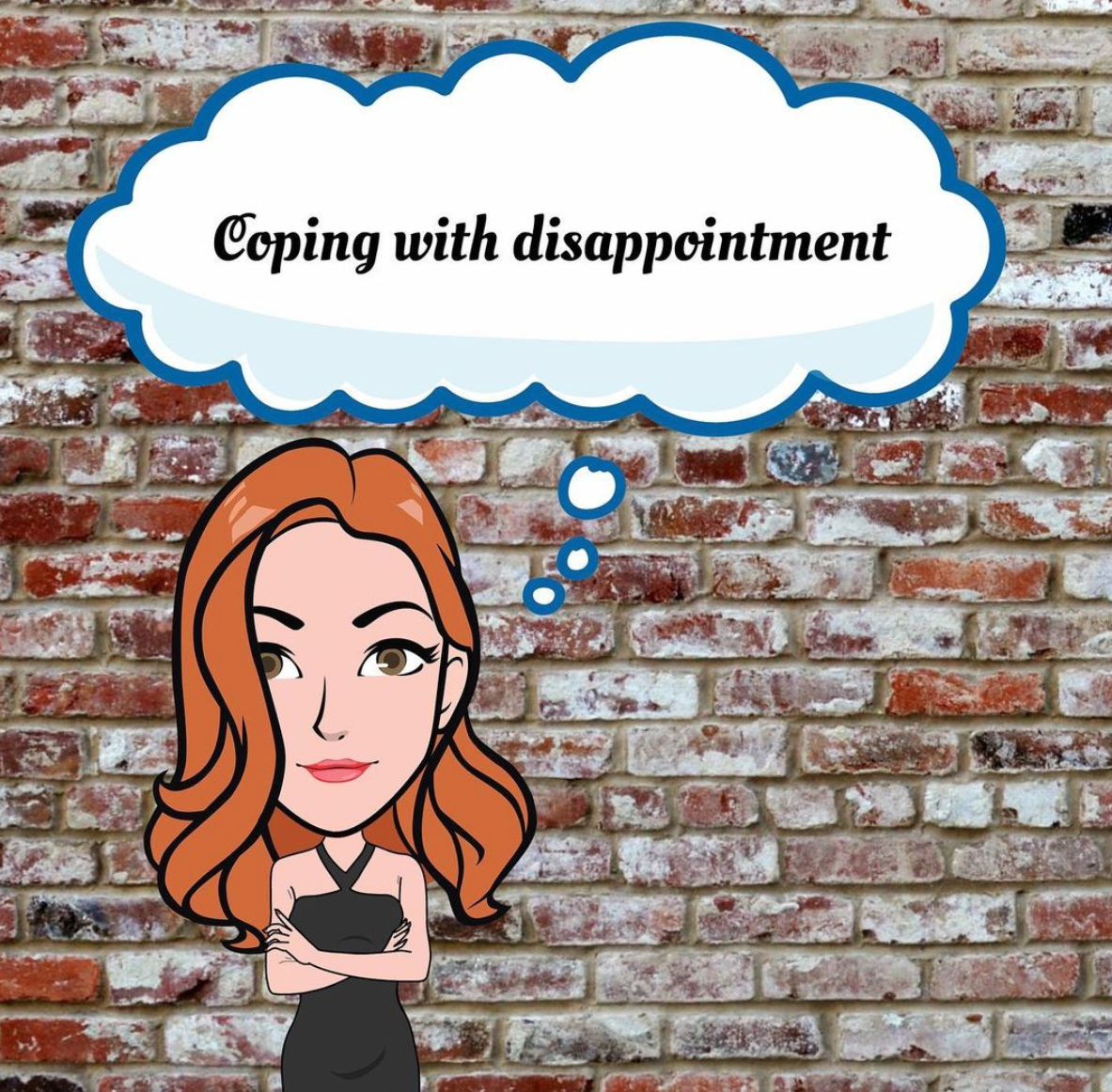
Coping with Disappointment
Jun 15, 2020Disappointment is inevitable in life. Reality often fails to meet our expectations. Maybe you were looking forward with great anticipation to a first date. Your mind had raced ahead to fantasies of instant connection and a great romance only to meet and experience a complete lack of chemistry. Profound disappointment crashes in. You experience sadness and maybe anger, directed at yourself, others or the situation.
Disappointment is a necessary cost of pursuing goals where there is no upfront guarantee of success. For this reason, we need to develop skills to tolerate disappointment rather than try to avoid experiencing it. How we respond to disappointment determines whether we bounce back or spiral into negativity and self-defeating behavior.
If you find yourself stuck in a frequent cycle of high hopes followed by crushing disappointment, you may want to revisit your expectations and see if they’re reasonable. Individuals with a black and white or extreme thinking style are particularly vulnerable to this pattern and may develop unrealistic rather than balanced expectations. CBT can help change thinking so it’s less extreme and more realistic. Mindfulness practice also helps us take things for what they as they come and accept them for what they are.
In the wake of disappointment, we’re vulnerable to negative thinking about ourselves and the future. We may tell ourselves that the chances of success were not that great anyway. But, this kind of negative has a high price, discouraging us from working on goals. It’s better to acknowledge the goal was possible and tolerate the disappointment at not reaching it.
Some of our greatest disappointments may have become the greatest catalysts for changes in our lives. Often for the better. For example, being passed over for partnership at a law firm may divert someone onto a more rewarding career path in a different industry. Romantic disappointment may lead to a reassessment of values and priorities.So, the next time you feel disappointed, get curious about it rather than brush it away. You may find you can learn a lot about your thinking style, your expectations and your values.
- 0 Likes

Dr. Lisa Napolitano is an expert in cognitive-behavioral therapy (CBT), dialectical behavior therapy (DBT), and other mindfulness-based treatments. A licensed psychologist in New York and Florida, she is the Founder and Director of CBT/DBT Associates, a boutique psychology practice group. Dr. Napolitano is an expert in the treatment of stress, anxiety, worry, and emotion regulation problems. She has specifically designed her treatment approach for executives, attorneys, and other high-functioning individuals whom she believes shouldn’t have to sacrifice their careers to manage their stress and work on developing their potential.
